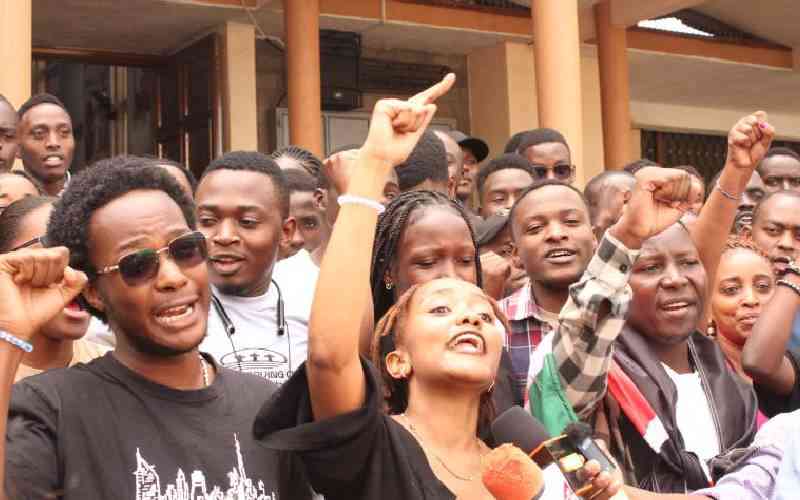×
The Standard e-Paper
Stay Informed, Even Offline

The most frightening observation about the ruling Kenya Kwanza regime is not that they may or may not be popular but that they actively seek to make themselves unpopular.
We could probably say the same thing about their competence. Nothing seems to move in a straight line.